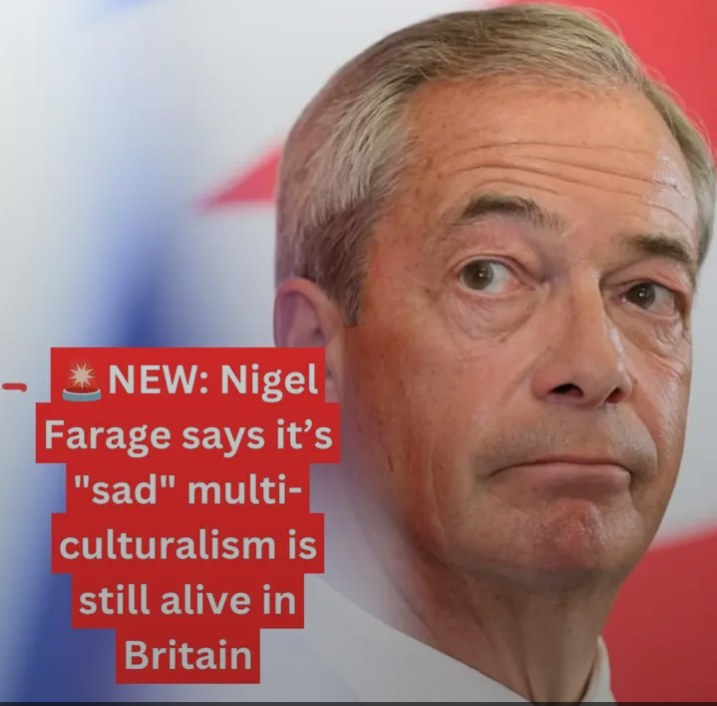Over the past decade, the United Kingdom has seen a significant increase in the number of foreign-born individuals registering with local general practitioners. Recent figures suggest that around 7.2 million people who were born outside the UK have signed up at doctors’ surgeries throughout the country. This statistic has sparked ongoing discussions about the impact of immigration on the UK’s public services and healthcare infrastructure.
The growth in foreign-born registrations has led some members of the public to express concern about the strain being placed on the National Health Service (NHS). General practices in many areas are already facing challenges, including long wait times and limited appointment availability. For many, the increasing demand driven by a growing population—fueled in part by immigration—adds to the pressure on these already stretched services. Critics argue that such rapid changes can have lasting implications for both healthcare delivery and community cohesion.
There is a sense among some people that the country is changing too quickly and in ways that feel unfamiliar. They long for a return to a time when, in their view, public services felt more balanced and predictable. These feelings are not just about numbers—they reflect deeper concerns about national identity, cultural shifts, and the perceived erosion of traditions and stability. For these individuals, the conversation is not just about doctors’ appointments, but about the broader direction in which the country is heading.
Many of those raising concerns believe that the UK needs stronger leadership and clearer policies to manage these challenges effectively. They argue for reforms that prioritize the needs of long-term residents and aim to ensure that public services are equipped to handle the demands of a growing and diverse population. The conversation often centers on balancing compassion and practicality, advocating for an immigration system that is both fair and sustainable.
Regardless of where one stands on this issue, it is clear that the debate over immigration and healthcare remains a highly emotional and complex topic. It touches on values, identity, and the future of the nation. As discussions continue, it is important that they are guided by facts, empathy, and a shared commitment to ensuring the wellbeing of everyone who calls the UK home.



